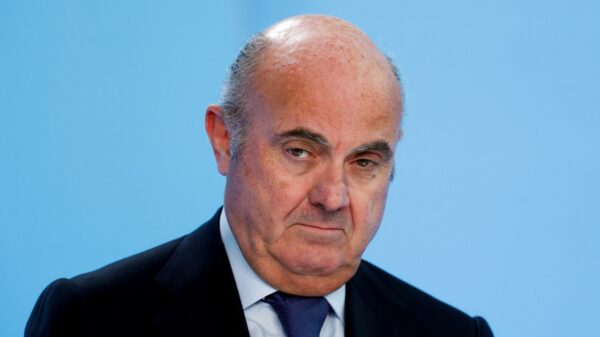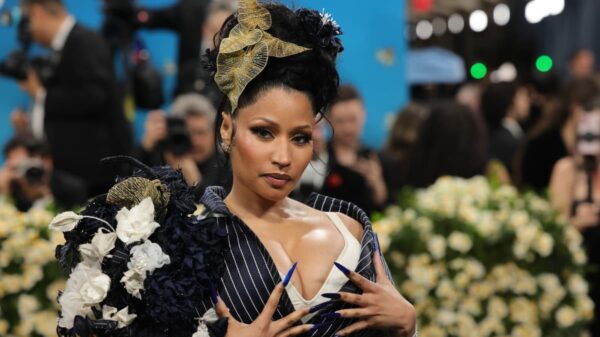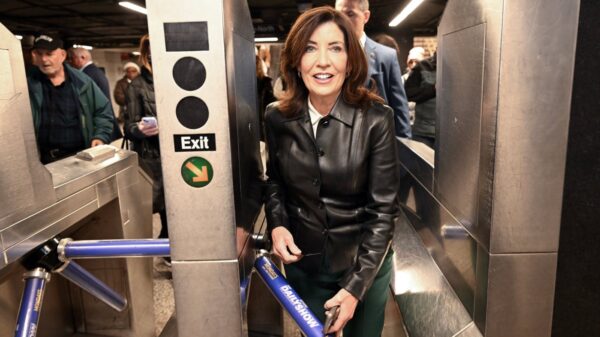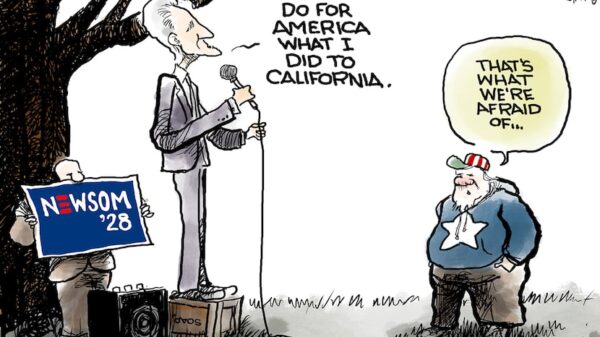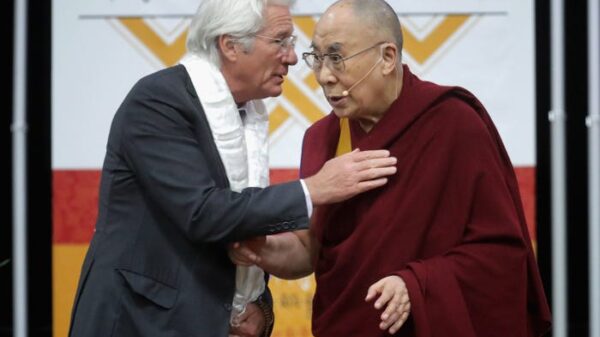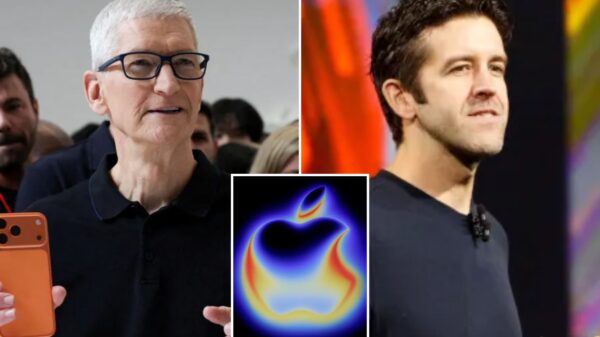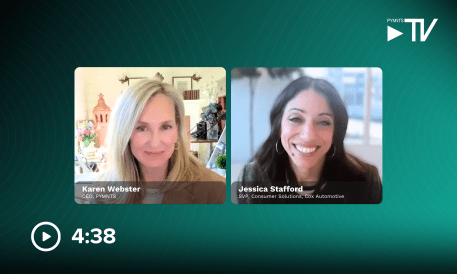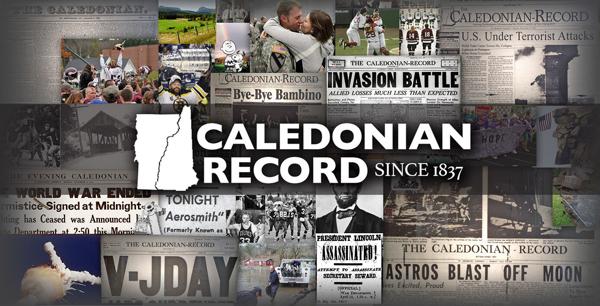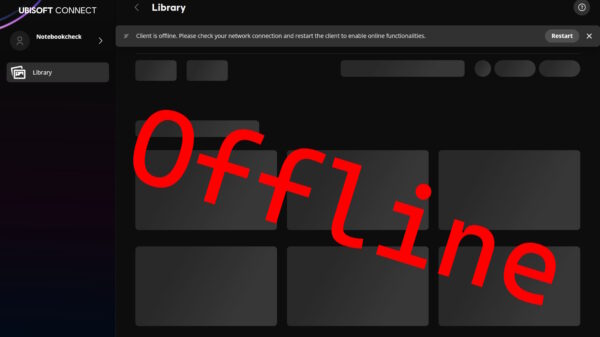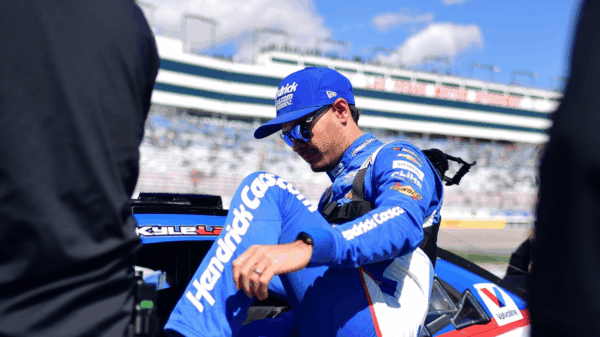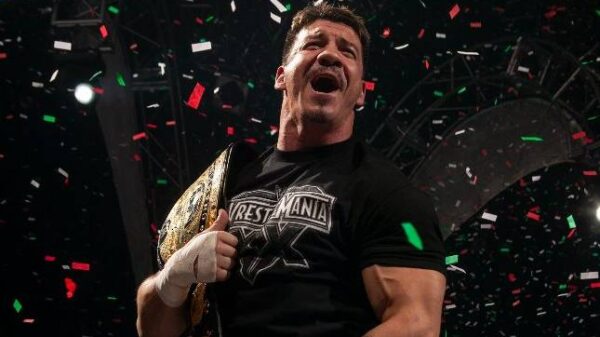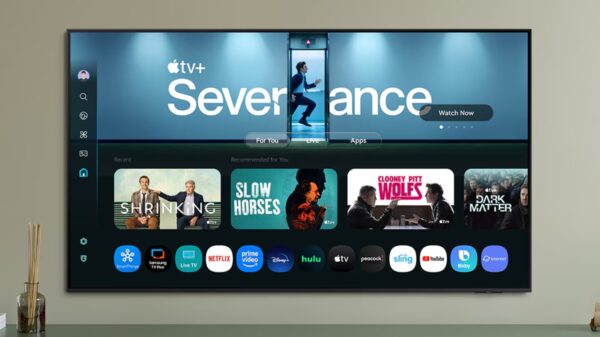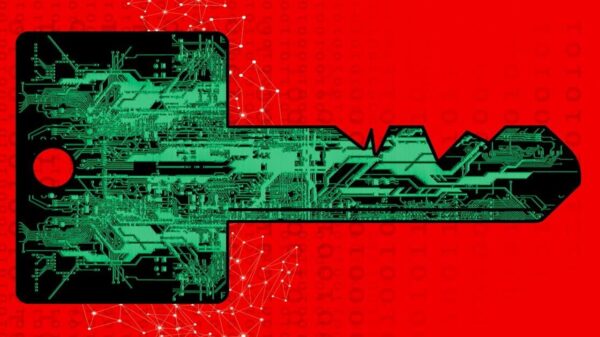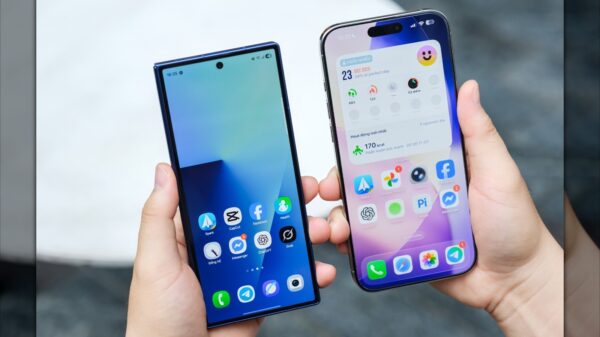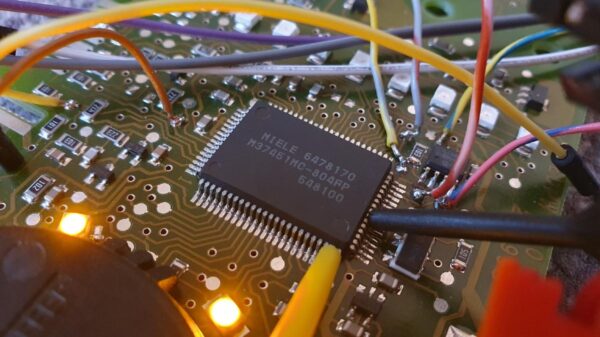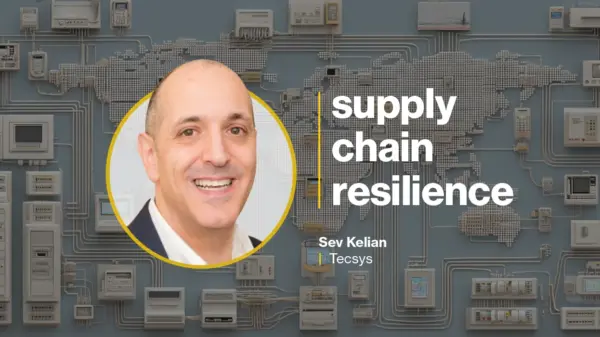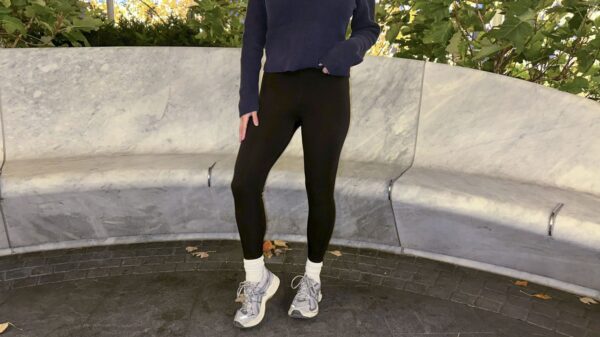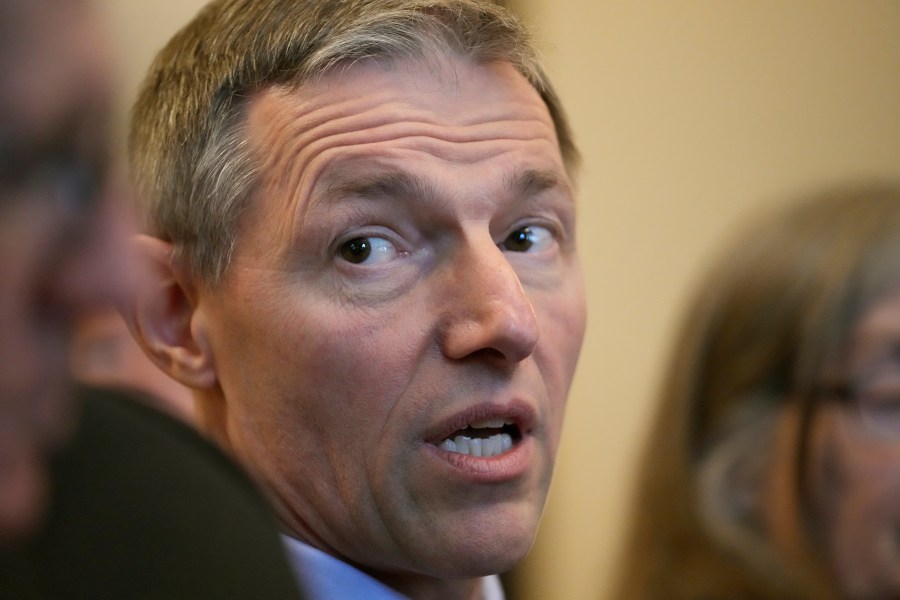In a recent interview, Mike Kennedy, the U.S. representative for Utah’s 3rd congressional district, addressed the assassination of conservative activist Charlie Kirk. This tragic event has raised significant concerns regarding the influence of social media and the radicalization of young individuals.
Details Surrounding the Incident
The assassination occurred in Utah County, a region familiar to Kennedy. He expressed his shock over the background of the suspected assailant, Tyler Robinson, a 22-year-old from Washington County. “This is a great place, and it’s disheartening to learn about someone from here getting involved in such a heinous act,” Kennedy stated during the interview with ABC4.
Kennedy highlighted the troubling evidence found at the scene, noting that the bullet casings bore inscriptions that suggested Robinson had been exposed to extreme violent ideologies. “His brain has been in some very unacceptably violent places,” he remarked, emphasizing the role of the internet in shaping such dangerous views.
The Role of Social Media in Radicalization
Addressing the broader implications, Kennedy pointed to social media as a potential catalyst for violence. “The availability of violent rhetoric and instructions for committing such acts is alarming,” he said. He urged parents to engage with their children about their online activities and the messages they consume.
While Kennedy expressed concern over young people being deeply immersed in social media, he also stressed the importance of maintaining open political discourse. “We cannot allow fear to silence our voices,” he stated. He acknowledged the ongoing challenge of addressing violent behavior while fostering a respectful environment for debate.
Despite the tragedy, Kennedy remains optimistic about Kirk’s legacy, stating, “Charlie Kirk never advocated for violence and was always willing to tackle difficult subjects.” He believes that Kirk’s message will resonate more strongly in the wake of this incident, calling him a “martyr for free speech.” Kennedy underscored the necessity of respectful engagement across political divides.
When asked about addressing divisive language among colleagues, Kennedy emphasized the importance of leading by example. “It’s crucial to be a model for civil discourse,” he noted. He prefers private discussions to public confrontations when dealing with provocative statements made by others.
Reflecting on the impact of the assassination, Kennedy expressed concern over the exposure of young individuals to such violent events. “I was shocked and dismayed to hear that a 4th grader had the video of the assassination on his phone,” he said. “This exposure to gory content is a terrible thing.” He advocates for unity and healing within the community, recognizing the shared trauma that such incidents can cause.
In conclusion, Kennedy remarked that Kirk’s life and work have become more significant following the tragedy. “He lived a remarkable life, and we should pay homage to him,” he said, emphasizing the need to remember Kirk’s contributions to civil discourse and free speech.
As a politician and physician, Kennedy has served in his role since 2025. His insights into the effects of violence and the importance of community healing highlight the ongoing challenges faced by society in the wake of such tragedies.








